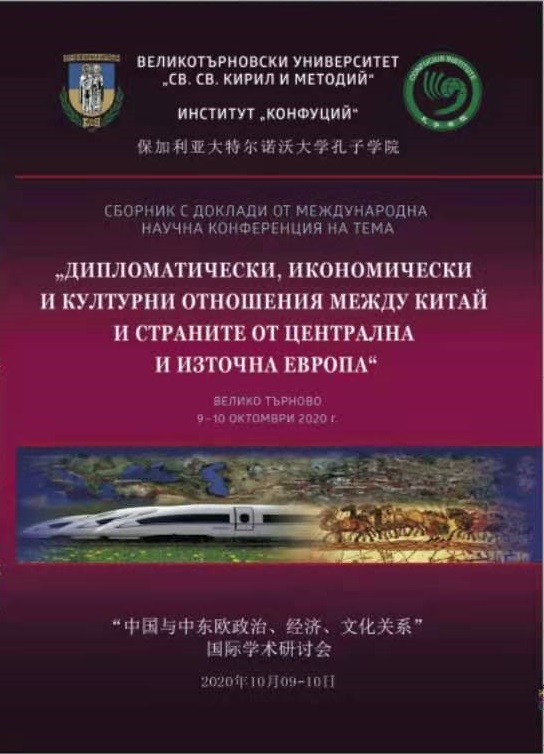China’s ‘New Regionalism’: Economic and Developmental Cooperation in Central and Eastern Europe (CEE)
China’s ‘New Regionalism’: Economic and Developmental Cooperation in Central and Eastern Europe (CEE)
Author(s): Demerdzhieva DeyaSubject(s): Economy, National Economy, Supranational / Global Economy
Published by: Великотърновски университет „Св. св. Кирил и Методий”
Summary/Abstract: Under the fifth generation of Chinese leadership led by President Xi Jinping, the People’s Republic of China (PRC) abandoned the low-profile strategy of ‘hiding one’s capabilities and biding one’s time’ and unveiled the ambitious Belt and Road Initiative (BRI), announced in 2013. In Central and Eastern Europe (CEE), however, a shift in Chinese foreign policy was noticeable as early as 2011 when the idea of intensified China-CEE cooperation was introduced. Yet, it was not until 2012, when Prime Minister Wen Jiabao declared the ‘Twelve Measures for Promoting Friendly Cooperation with CEE’, that Chinese regionalism in CEE was formalized under the ‘16+1’ Cooperation for Development Initiative. Observations on the existing literature and the format itself lead to a basic question: what are the driving factors of Chinese multilateral regionalism in CEE? The aim of this paper is to evaluate the economic, geopolitical and ideological reasons for launching the ‘17+1’ Initiative and BRI in the CEE region.
- Issue Year: 6/2021
- Issue No: 1
- Page Range: 191-202
- Page Count: 12
- Language: English

